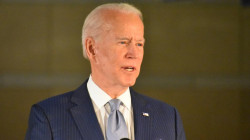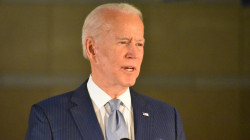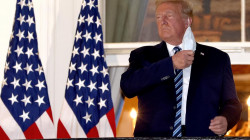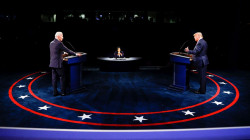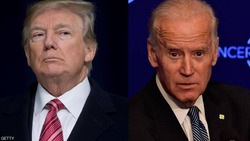Biden Trimming Forces Sent to Mideast to Help Saudi Arabia
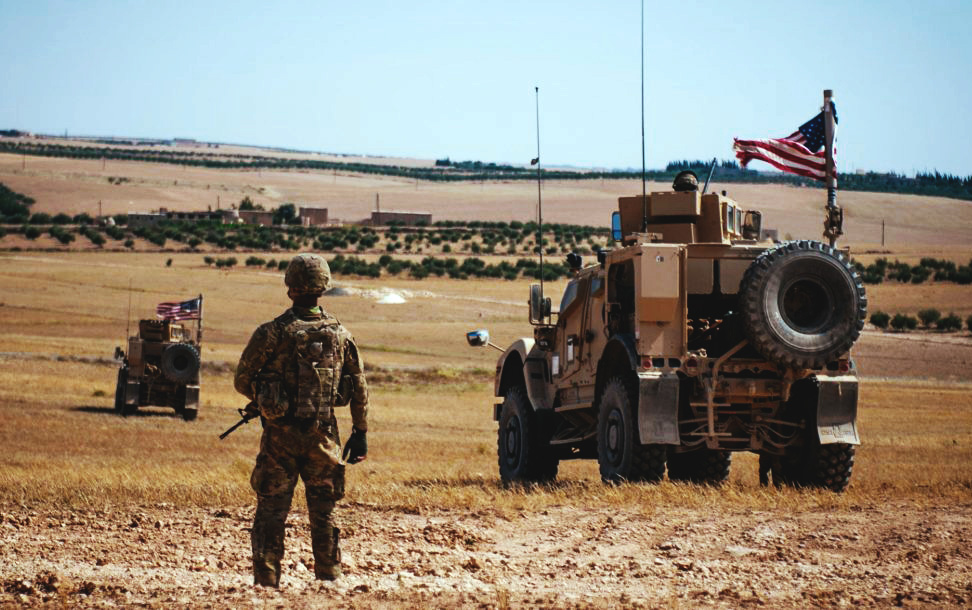
In moves that haven’t been previously reported, the U.S. has removed at least three Patriot antimissile batteries from the Gulf region, including one from Prince Sultan Air Base in Saudi Arabia, that had been put in place in recent years to help protect American forces.
Some capabilities, including an aircraft carrier and surveillance systems, are being diverted from the Middle East to answer military needs elsewhere around the globe, according to U.S. officials. Other reductions are under consideration, officials said.
The removal of Patriot batteries, the permanent aircraft-carrier presence and other military capabilities means that several thousand troops may leave the region over time. As of late last year there were about 50,000 troops in the region, down from a high of about 90,000 at the height of tensions between the Trump administration and Iran about two years ago.
Defense officials declined to provide specifics about the reductions in military capabilities or forces. Saudi officials didn’t respond to a request for comment about the U.S. plans.
A missile defense system known as a Terminal High Altitude Area Defense, or THAAD, which protects against the kinds of ballistic missiles used frequently by Iranian allies, was also proposed to be removed, but officials said it would remain in the region for now.
The military withdrawals amount to the early stages of a Biden administration effort to further reduce the U.S. posture in the Mideast after several decades of military engagement there, officials said.
Some equipment, including surveillance drones and antimissile batteries, may be redeployed to focus on what officials consider to be leading global competitors, including China and Russia.
Aircraft carriers in recent years have been deployed as symbols of U.S. deterrence in the Middle East. Earlier this year, the USS Nimitz left the region, and the USS Eisenhower now is headed there. However, the Eisenhower isn’t expected to stay for the duration of a normal monthslong deployment, leaving what Navy officials refer to as a “carrier gap” in the area overseen by U.S. Central Command.
Amid the withdrawals, officials said, a Pentagon team is looking at what equipment and training it can share with Saudi Arabia as it continues to come under withering rocket and missile attacks from fighters believed allied with Iran. The idea is to shift more of the burden of defending Saudi territory from Washington to Riyadh.
Mr. Biden pledged after taking office that he would recalibrate the U.S.-Saudi relationship, taking several tough steps against the kingdom, including freezing the sale of offensive weapons that Riyadh has used in its six-year military intervention in Yemen. He also made public an intelligence report saying Crown Prince Mohammed bin Salman, the country’s de facto leader, approved the operation that led to the 2018 killing of journalist Jamal Khashoggi.
In Riyadh, Saudi Arabia, a house was damaged in February by what a Saudi-led coalition said was a thwarted Houthi missile attack.
Saudi Arabia has come under what U.S. officials say is an unacceptable level of violence from rocket and drone attacks from Iranian-backed Houthis in Yemen and pro-Iranian militias in Iraq. Since January, there have been more than 80 such attacks, some involving multiple, simultaneous drone assaults, that have U.S., Saudi and other allies in the region on high alert.
“By far that’s worse than any other period since before the beginning of the conflict,” a U.S. official said, referring to the war inside Yemen. Iran has denied it controls the Houthis or sponsors attacks through other groups.
As the U.S. moves toward reducing its own military capabilities there, the Pentagon in recent weeks assembled a “tiger team”—an ad hoc group of defense policy and military experts—to find ways to help the oil-rich kingdom protect its facilities and oil installations, U.S. officials said.
Options on the table include sales of specific, defensive weapons, such as missile interceptors; expanded intelligence-sharing; additional training; and military-to-military exchange programs, officials said.
The Pentagon effort to find additional ways to help the kingdom to defend itself hasn’t been previously disclosed.
In the meantime, the Saudis’ efforts to bolster their own defenses, including their Patriot missile systems, long considered to be undermanned and overworked, are improving, U.S. officials said. For the past several years, the U.S. military has worked closely with the Saudis to improve the systems, officials said.
“The Saudis have been pretty effective at knocking this stuff down. They are doing better and better,” a senior U.S. official said, referring to incoming rockets and drones.
While officials said that most attacks against Saudi Arabia emanate from the Houthi militia inside Yemen, they couldn’t explain why the Houthis have escalated at this time. The militant group has claimed responsibility for many of the attacks.
“The bottom line is that the Houthis need to know that we are standing with the Saudis and we will continue to support their right to self-defense,” another U.S. official said.
The defensive help is intended to make good on Mr. Biden’s promise to lend the Saudis a defensive hand, after he took a series of steps signaling his administration would deal differently with Riyadh than did former President Donald Trump.
Mr. Biden in late January froze the sale to Riyadh of U.S. offensive weapons, specifically precision-guided munitions that have caused widespread civilian casualties in Saudi-led air assaults in Yemen. U.S. officials are trying to define which defensive weapons they will permit Riyadh to buy.
In February, the Biden administration also publicly shamed Prince Mohammed by releasing the U.S. intelligence report on the death of Mr. Khashoggi in Turkey.
With those steps behind it, the Biden administration is moving to show it isn’t breaking the 76-year alliance with the Saudis.
“We’re going to continue to support and help Saudi Arabia defend its sovereignty and its territorial integrity and its people,” Mr. Biden said in a Feb. 4 speech announcing the offensive weapons freeze and a new U.S. initiative to end the Yemen war.
Source: Wall Street Journal
